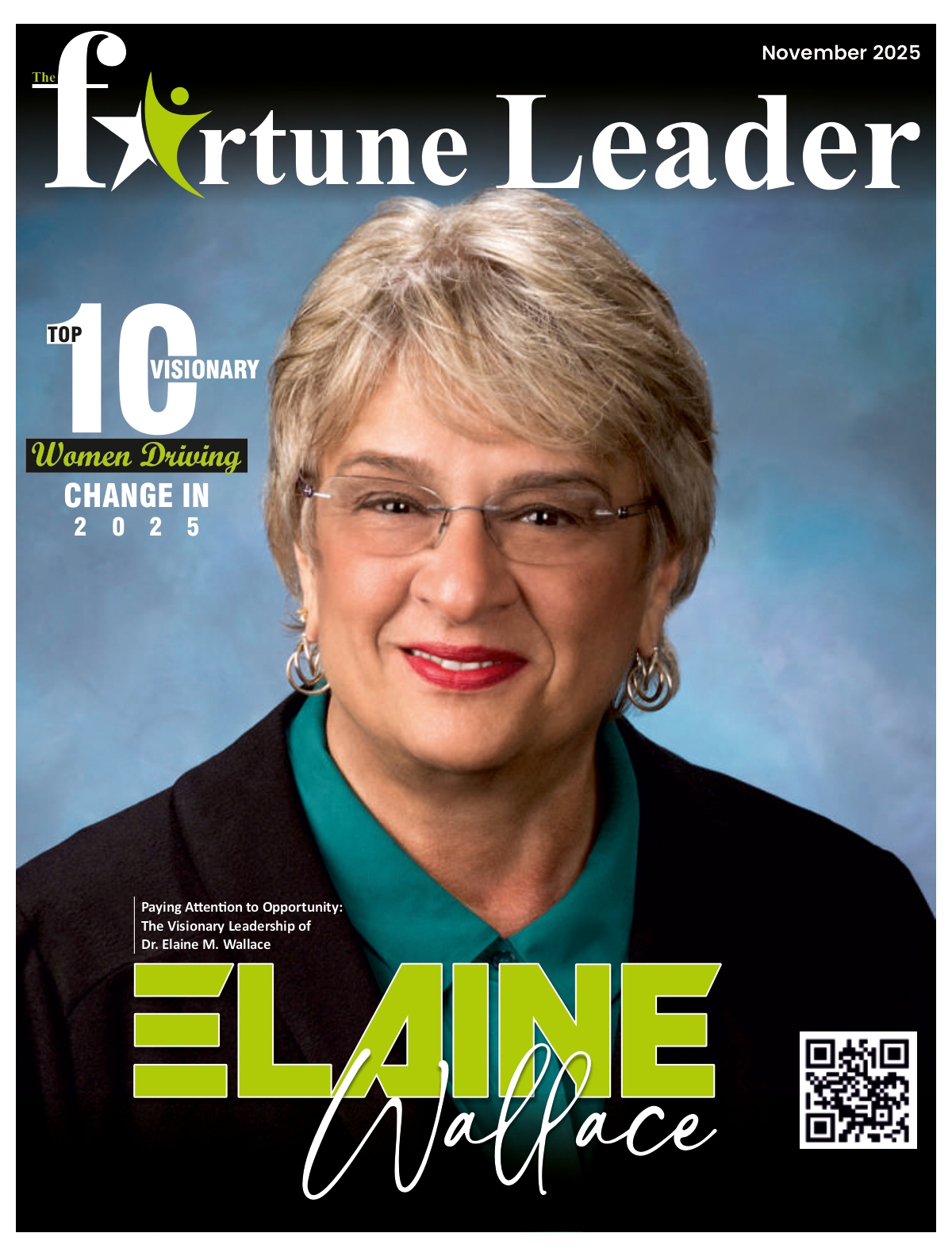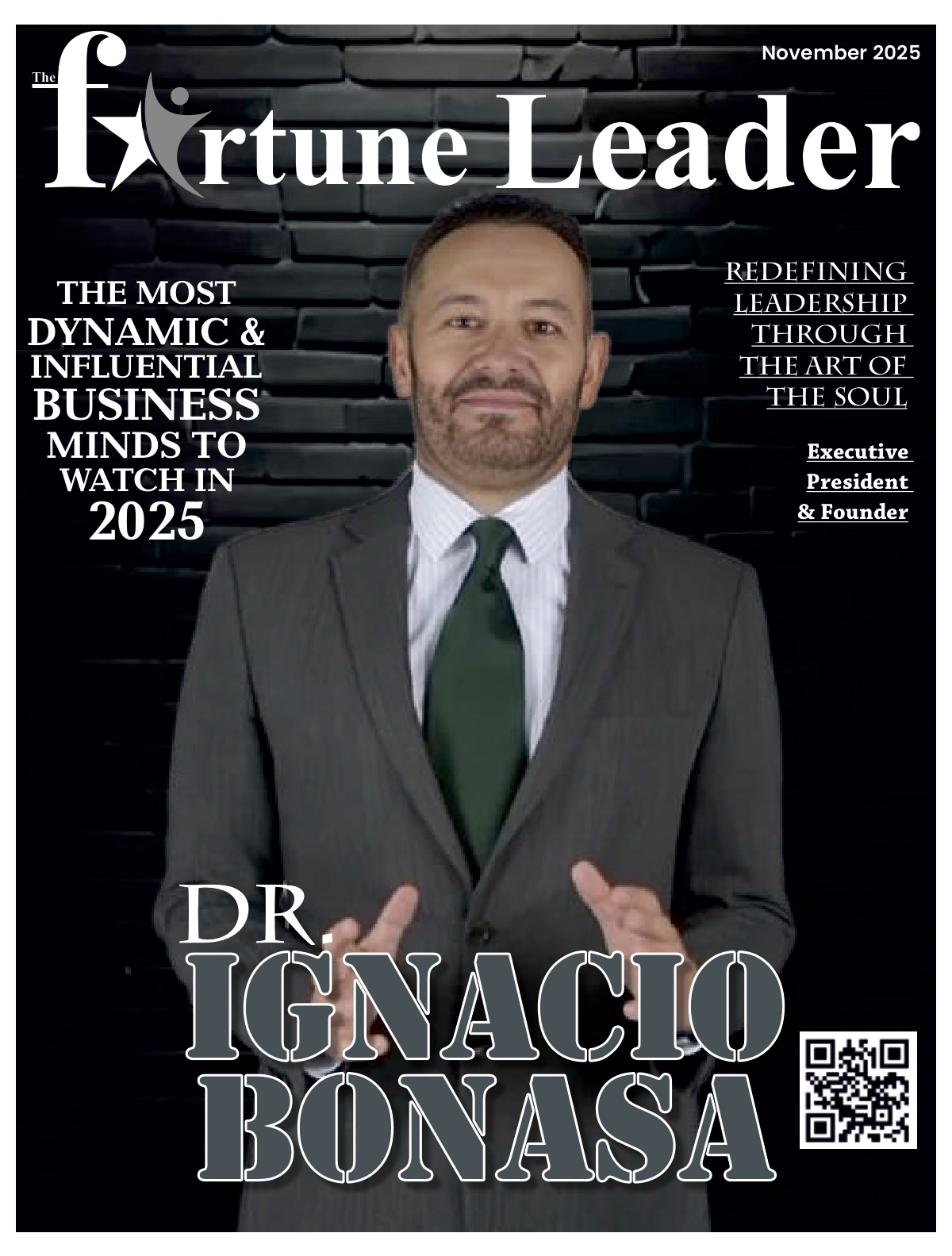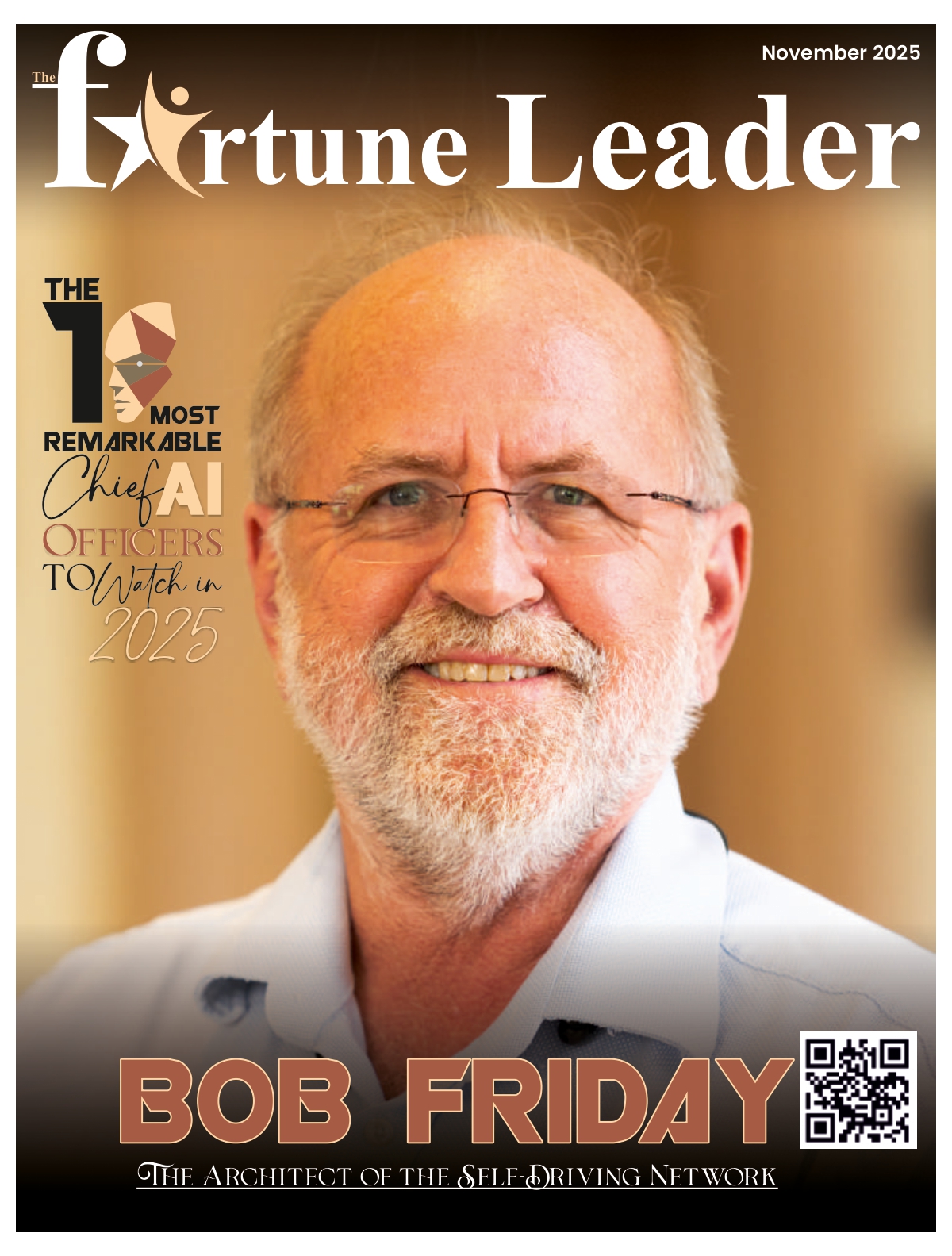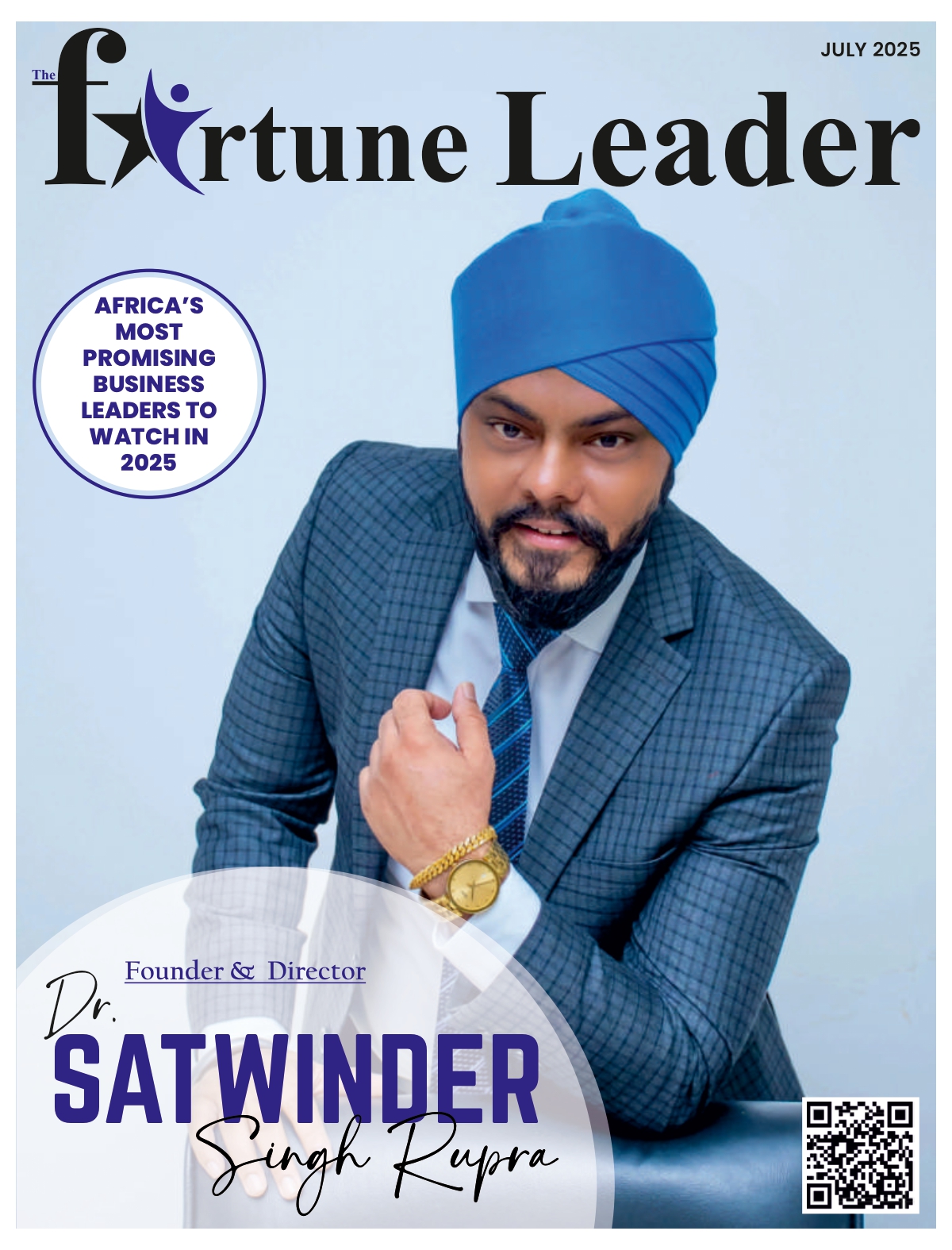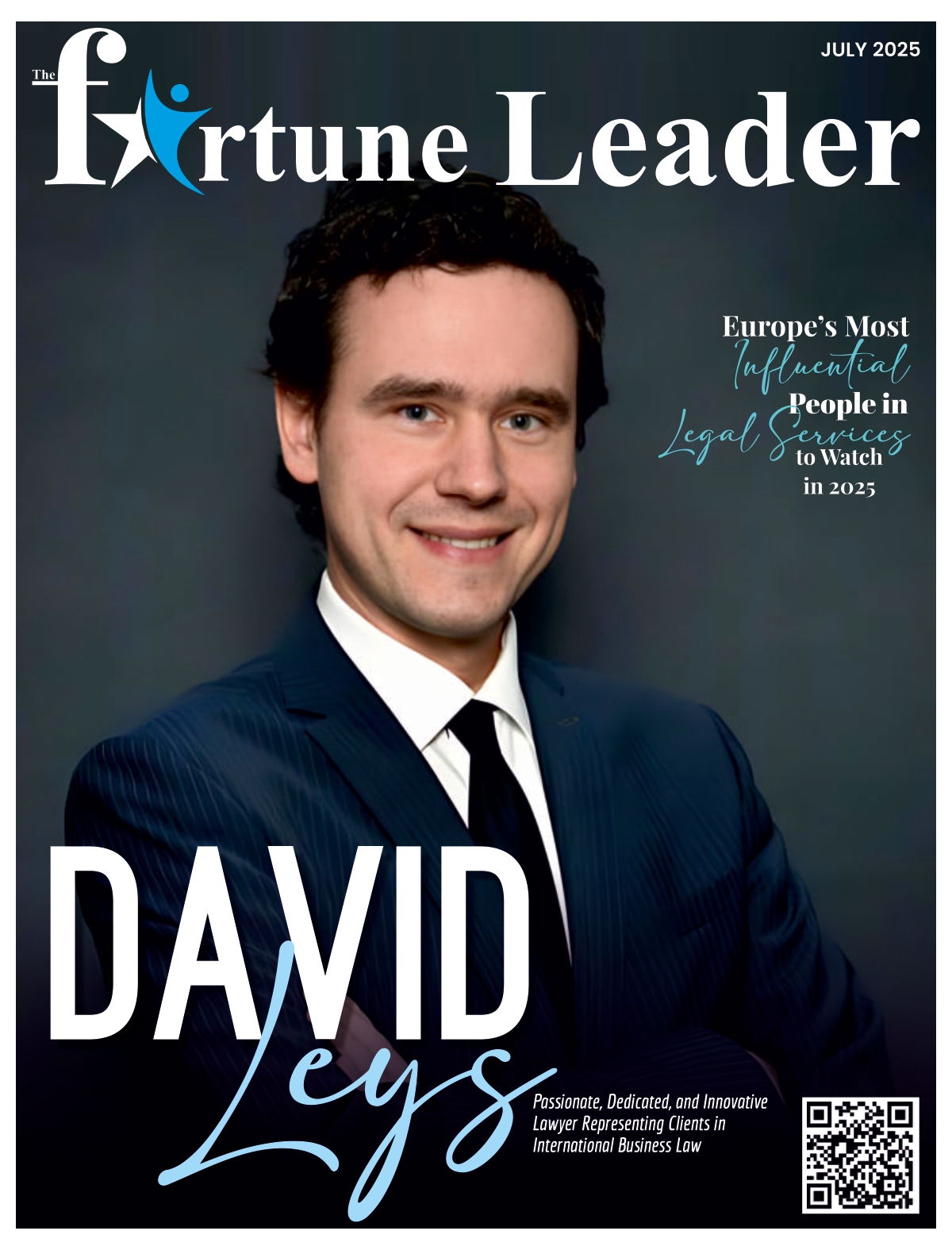The global medical devices market is on track for impressive growth, fueled by cutting-edge technology, increased investments in healthcare, and a growing need for sophisticated diagnostic and treatment tools. Experts predict that this market could surpass $800 billion by 2030, thanks to the strong push in digital health, wearable tech, and minimally invasive devices.
The growth of the industry is being driven by changes in demographics, like an aging population and the increasing rates of chronic illnesses such as diabetes and heart disease. These trends are encouraging both healthcare systems and consumers to embrace smarter, data-driven approaches for prevention and monitoring.
The integration of artificial intelligence (AI) and the Internet of Things (IoT) is really shaking things up in the healthcare sector. More companies are adding sensors and connectivity features to traditional medical devices, which allows for continuous data collection and predictive analytics. This change is not only improving early diagnosis and treatment accuracy but also cutting down on hospital visits a huge benefit for healthcare systems that are now more focused on efficiency and cost savings in the wake of the pandemic.





